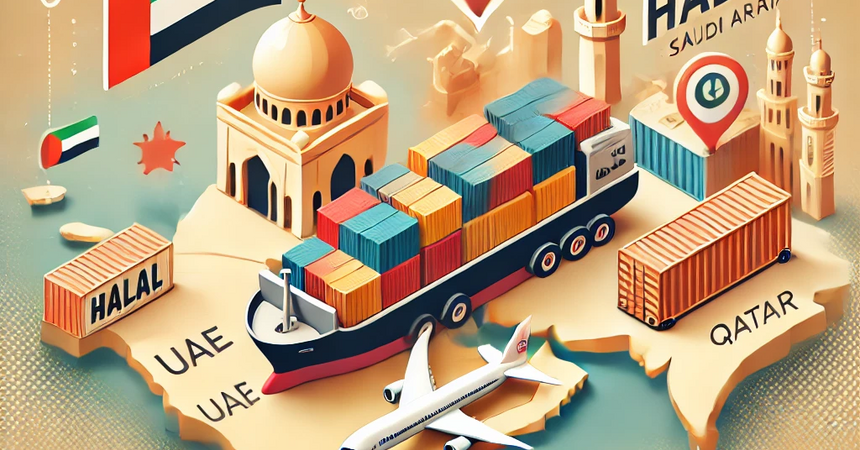Expanding to the Middle Eastern market can unlock powerful new revenue streams and global recognition for your brand. But before your product appears on shelves in Dubai or Riyadh, there's one critical step: certification. In this article, we explore why certification is essential, the types of certificates required, and how to navigate the process smoothly.
Why Export to the Middle East?
- High purchasing power – especially in Gulf countries like the UAE, Saudi Arabia, and Qatar.
- Opportunities in niche markets – many sectors are still growing.
- Strong preference for quality imports – especially food, cosmetics, electronics, and children’s goods.
Why is Certification So Important?
In the Middle East, certification is more than paperwork — it’s often the only way to legally import and sell products. It proves compliance with local laws, safety standards, and, in many cases, religious guidelines.
Key Certification Types in the Middle East:
- HALAL Certification — Mandatory for food, cosmetics, pharmaceuticals, and anything with animal-derived ingredients. Ensures compliance with Islamic standards.
- SASO (Saudi Arabia) — From the Saudi Standards, Metrology and Quality Organization. Needed for electricals, textiles, construction materials, and more.
- ECAS (UAE) — Emirates Conformity Assessment Scheme. Required for specific products, including cosmetics and electronics.
- G-Mark (Gulf countries) — Required for specific categories such as toys and household appliances. Confirms safety and regional standards compliance.
Step-by-Step: How to Get Certified
- Research country-specific requirements
- Work with an accredited certification body
- Conduct laboratory testing
- Prepare your documentation (with Arabic labeling)
- Obtain the certificate and include it in your export documents
Tips for Exporters:
- Respect local culture
- Hire local consultants
- Don’t cut corners
Conclusion:
Certification isn't a roadblock — it's a gateway to trust and credibility in the Middle East. By investing in proper certification, you're showing respect for local norms and setting yourself up for long-term export success.
